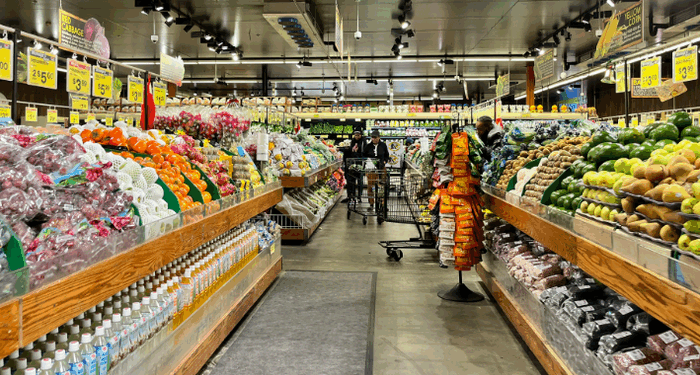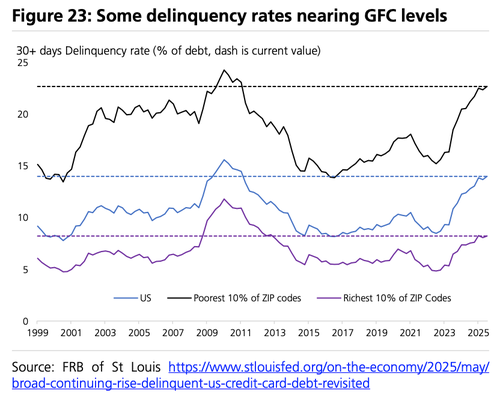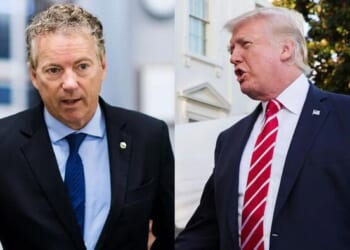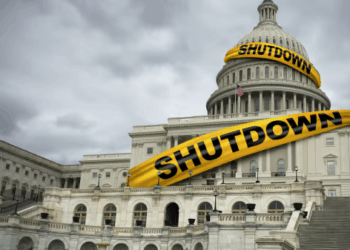President Trump’s Operation Affordability initiative kicked off this week, with the White House unveiling plans for tariff reductions and expanded trade ties with Latin American countries to boost imports of key food products. The goal: drive down supermarket prices ahead of the 2026 midterm election cycle to reverse darkening sentiment among low- and middle-income consumers.
Bloomberg reports that Trump is set to slash import levies on everyday staples, such as beef, bananas, and coffee, while moving ahead with new trade frameworks with Argentina, Guatemala, El Salvador, and Ecuador.
On Tuesday, President Trump and Treasury Secretary Scott Bessent both revealed on corporate media major moves by the administration to reduce costs for Americans when it comes to food. Trump called the effort “surgical and beautiful,” while Bessent said the effort will bring down prices “very quickly” and predicted that “people would start feeling better about the economy in the first half of 2026.”
UBS analysts, led by Jonathan Pingle, describe President Trump’s economy as “a big bet on AI and upper-income households.”
Pingle noted the bifurcated consumer environment between higher-income and lower-income households in this chart.
The analyst also pointed out, “Our base case is that an equity market drawdown is avoided. Households suffer for the next two quarters.”
He expects a $55 billion boost to disposable income in 2Q 2026 from retroactive tax relief in the One Big Beautiful Bill Act (OBBBA).
He said these “bumper refunds” should temporarily revive household spending in mid-2026, which is just in time for the midterm election cycle.
So Bessent is likely right that consumer sentiment will begin improving in the coming months, and this reversal is crucial. If these sentiment gauges fail to reverse, some folks may be drawn toward the newly transformed Democratic Party, now heavily influenced by Marxist-aligned DSA agenda, who aim to squander America’s inheritance by dangling “free stuff” to voters.
The way to ensure the Marxist revolution stops dead in its tracks is to tackle the affordability crisis, a lingering disaster left over from the Biden-Harris years.
The New York Times reported that updated “reciprocal tariff” rules will include carve-outs for beef and citrus, expanding on a prior executive order directing agencies to identify products not grown domestically for exemption.
New agreements with Guatemala, El Salvador, and Ecuador are reducing tariffs on products like bananas and coffee beans, which the U.S. imports but doesn’t produce domestically. These frameworks should be finalized by the end of the month.
Operation Affordability will target low- and middle-income households as well as younger voters, including Gen Z and millennials. The administration’s strategy is to improve sentiment and restore affordability, with the hope that these folks will vote “America First”, rather than embrace unhinged left dangling free bus rides and government-run grocery stores, in next year’s midterm elections.
AOC: “We are not the crazy ones…. They want us to think we are crazy. We are sane.”
— Benny Johnson (@bennyjohnson) October 27, 2025
It’s always the ones insisting they’re “not crazy” who end up being the real nutjobs.
Loading recommendations…


















